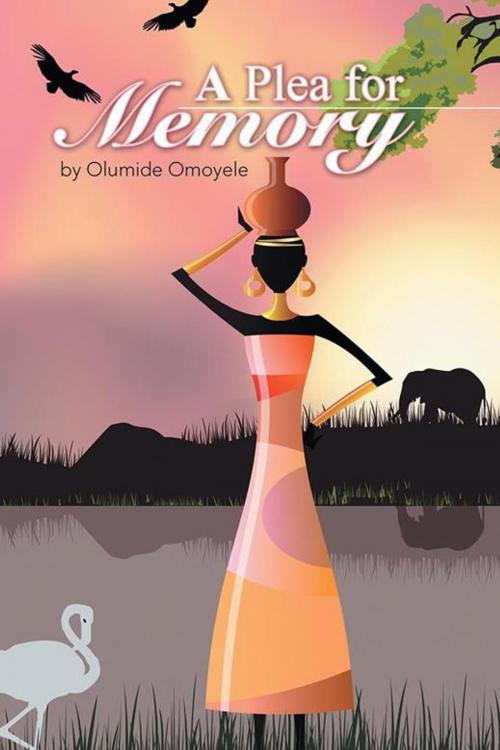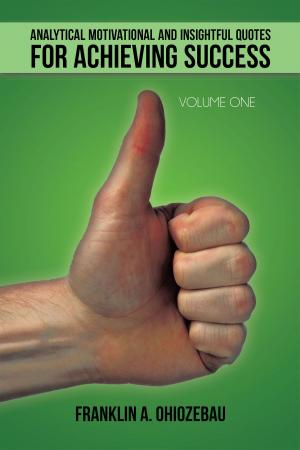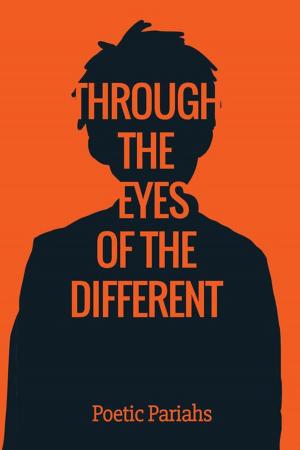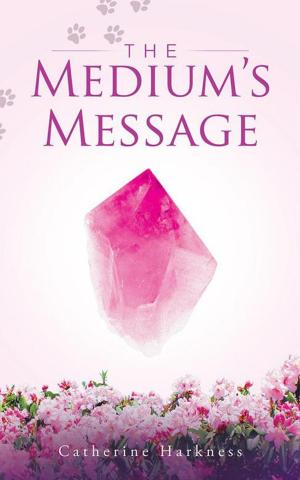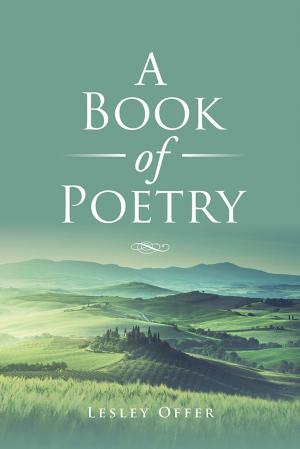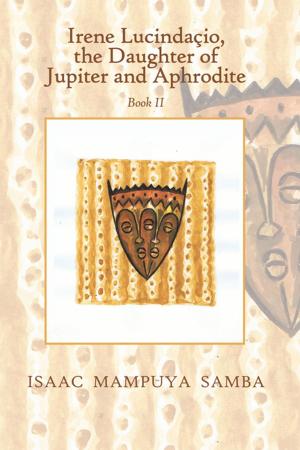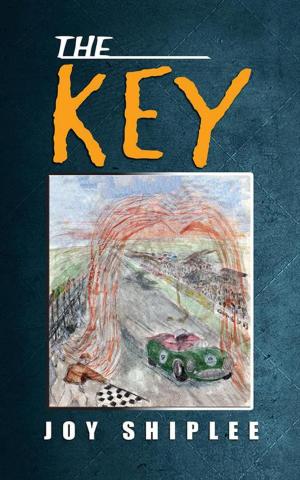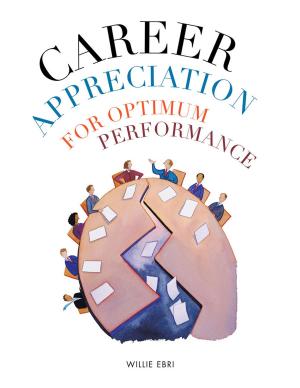| Author: | Olumide Omoyele | ISBN: | 9781491886779 |
| Publisher: | AuthorHouse UK | Publication: | December 6, 2013 |
| Imprint: | AuthorHouse UK | Language: | English |
| Author: | Olumide Omoyele |
| ISBN: | 9781491886779 |
| Publisher: | AuthorHouse UK |
| Publication: | December 6, 2013 |
| Imprint: | AuthorHouse UK |
| Language: | English |
A PLEA FOR MEMORY is just that: an entreaty to remembrance. It does not pretend to have the answers to unlocking the secrets of the future. It does, however, claim that by remembering, an understanding of the present is possible. Exactly what one does with knowledge of the umbilical cord connecting the past to the present in ones navigation of the future is a matter of choice.
The author hopes only to trigger the readers imagination. He does not seek to preach an irrational belief or convince of a particular point of view. This work remembers the pasts of various African peoples, records the forceful subjugation of the present and poses the perennial question of the continents renaissance. It delves into the human condition and immerses itself in the themes of remembrance, history, pain, war, gods and death.
The author is unapologetic in his refusal to follow the classic rules of poetry in the belief that freedom of expression must be unconstrained by mere regulations. He tries to abide by his own maxim: of all the freedoms, the greatest is that of thought.
A PLEA FOR MEMORY is just that: an entreaty to remembrance. It does not pretend to have the answers to unlocking the secrets of the future. It does, however, claim that by remembering, an understanding of the present is possible. Exactly what one does with knowledge of the umbilical cord connecting the past to the present in ones navigation of the future is a matter of choice.
The author hopes only to trigger the readers imagination. He does not seek to preach an irrational belief or convince of a particular point of view. This work remembers the pasts of various African peoples, records the forceful subjugation of the present and poses the perennial question of the continents renaissance. It delves into the human condition and immerses itself in the themes of remembrance, history, pain, war, gods and death.
The author is unapologetic in his refusal to follow the classic rules of poetry in the belief that freedom of expression must be unconstrained by mere regulations. He tries to abide by his own maxim: of all the freedoms, the greatest is that of thought.
